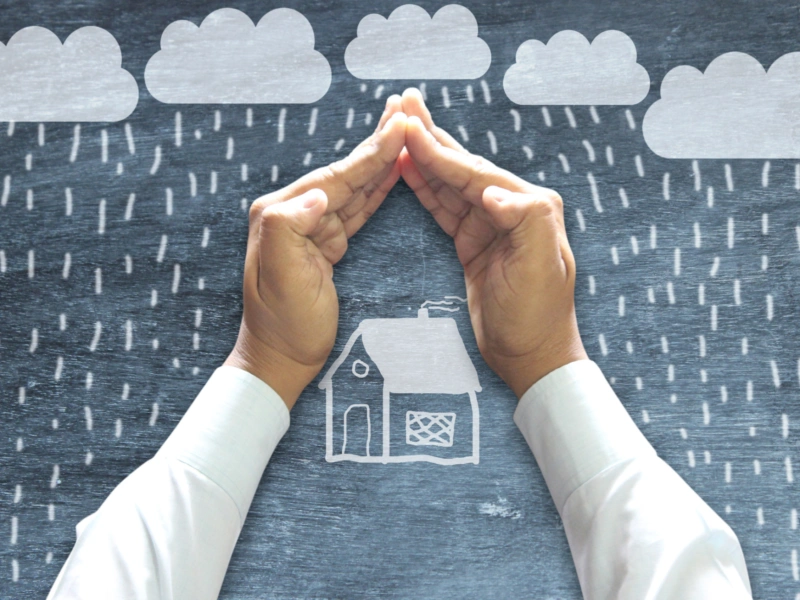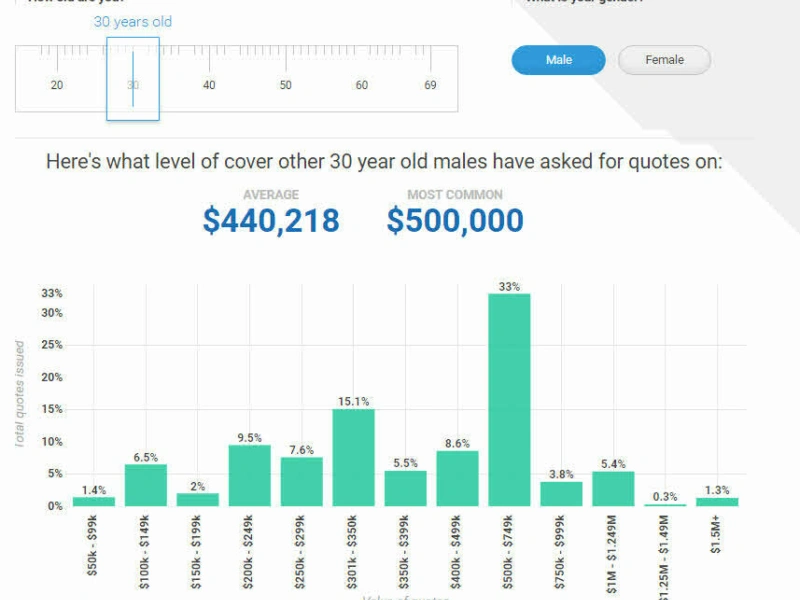
Housing is all over the news this week following the government announcement yesterday. A year ago, we were all about Covid-19. If only we could deal to the housing crisis with the same success as we have eliminated Covid, right? Analytical and media response to the housing plan appears mixed, but they seem to at least agree that this is a significant move and will have a big impact on the residential property sector.
For most of us, all we want to know is does this mean that I might be able to buy a house one day. For young couples wanting to buy their own home before they have kids, the current market means putting off having kids or having children while you’re renting. For Mums and Dads fortunate enough to own their own home, they worry if their kids will be able to do the same. Buying a house is a classic kiwi dream. The problem is that this dream has gotten harder and harder to achieve in the last 20 years.
Rent is inflated too. So even those not even thinking about getting into property are being financially squeezed. What’s worrying is that this puts our most vulnerable at risk of no accommodation at all or low-quality housing. Those who can manage rent are also under significant financial pressure.
If you’re worried about paying rent and putting food on the table each week, you’ve not got money going spare. This means things like insurance become a luxury rather than a utility item. If you own your home, but your mortgage payments mean you are squeezed for cash, you are also likely to have put insurance lower on your list of priorities.
We can live our daily lives without life insurance quite happily; it’s when things go wrong that having insurance makes a difference. If you own a home, having life insurance means if you die or are diagnosed with having less than 12 months to live, your family can keep their home. This assumes your life cover will clear any mortgage or other debt. Rather than your ‘untimely demise’ being something that destroys your loved one’s lives both emotionally and financially, they can still go on to live the lives you have planned for them.
If you rent, life insurance might not seem so critical as there’s no mortgage to pay off. But, it pays to think about what would happen to your family if something happened to you and to also think about what would happen if you got sick and couldn’t work. ACC will provide support if you suffer an injury, but it can’t help if you get ill. How could you keep paying the rent? Where would you live if you had to move? How would you pay your other bills? These are the kinds of questions you should ask yourself. Life insurance can help those you leave behind with a lump sum payment. Income protection can help as well because it can ease the stress by paying a monthly amount if you cannot work due to illness or injury.
Having a combination of insurance cover that will help you or your family if things go wrong can make a big difference. It can mean your family staying in the family home or having to leave, being worried about paying the bills and being stress-free, living the life you want for them or struggling to get ahead.
When you’re planning your budget for how much rent or mortgage you can afford, make sure you’ve thought about all your other financial commitments and priorities. Try not to over-commit yourself. The joy of having your own home or renting a bigger place should not be diminished by financial stress. When you make your commitments list make sure you’ve included something for insurance. Hopefully, in a few years, the housing crisis and Covid-19 will both be behind us, but in the meantime, keep safe and budget carefully.






